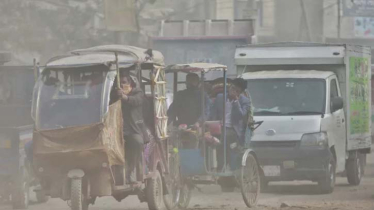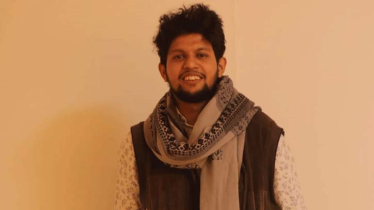
Photo : Collected
Regional Director, WHO South-East Asia, Saima Wazed on Tuesday (5 March) said focusing on improving care around the time of birth and the first week of life is important to ensure every child survives and thrives to reach their full potential.
The World Health Organization on Tuesday launched implementation guidance in the South-East Asia Region for universal screening of newborns for hearing impairment, eye abnormalities and neonatal jaundice, to help prevent disabilities caused by these conditions if not detected early and managed adequately.
“The regional implementation guidance will facilitate capacity-building for newborn or neonatal screening that aims at pre-symptomatic detection, shortly after birth, of serious treatable conditions,” said Saima Wazed.
She said that backed by referral, diagnosis, management, and follow-up for appropriate treatment, these screenings will enable prevention of long-term disability or premature death.
The guidance incorporates simple tests with non-invasive tools that can be integrated within the existing health systems.
These screenings should be done prior to discharge after a health-facility, or at the first postnatal care contact in an outpatient setting after a home birth, according to a message received from New Delhi.
The guidance has been developed through a consultative process with technical experts from member countries of the region.
With persistent collaborative efforts over the years, the WHO South-Asia Region witnessed 45% decline in under 5 mortality rate between 2010 and 2021, the steepest among all WHO Regions and against the global reduction of 26%.
However, the contribution of birth defects to under 5 mortality in the region has increased from 4% to 11% during the last two decades (2000 to 2021) as countries successfully addressed other major causes of death.
“Our Region is committed to achieving the 2030 Sustainable Development Goal targets for maternal, newborn and child mortality. I urge all our Member States and stakeholders to adopt, internalize and use the implementation guidance for introducing and conducting these three screening tests for all newborns before hospital discharge, including appropriate management of babies,” Wazed said.
“We owe the next generation our collective actions to standardize these screening practices, to achieve the SDG targets - and, most importantly, to meet the needs of every newborn, everywhere’, the Regional Director said.
Messenger/Fameema








